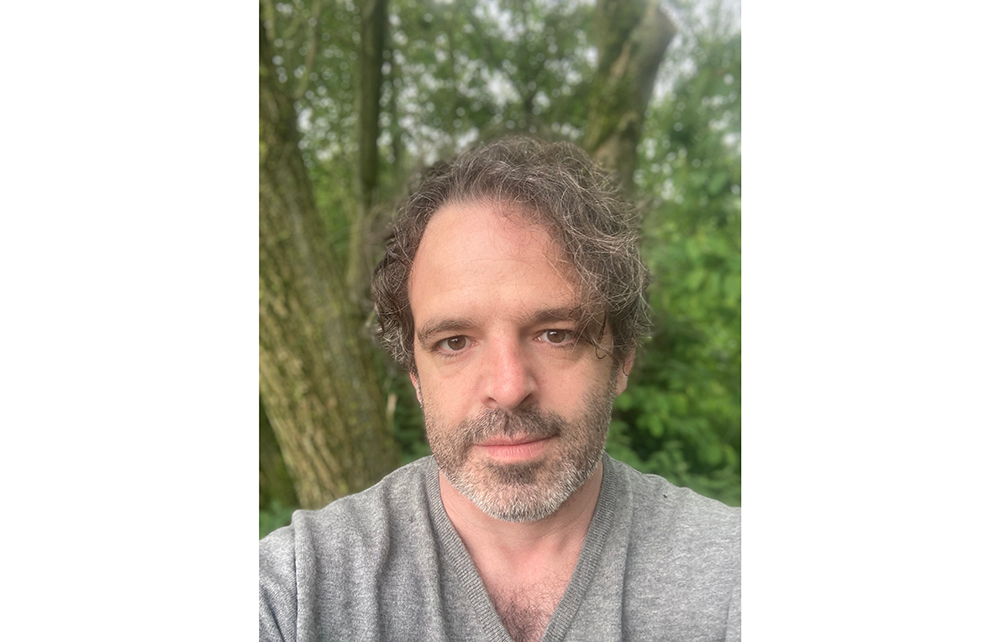It’s been two months since 14-year-old Orla’s mother died of cancer, and the girl isn’t coping. Neither is her father. While he self-medicates with booze, she plots her escape, to her aunt’s in Northern Ireland, where her mum is buried:
I am sad to go but it is time now and there is no point in hanging around any longer. I leave my phone under the pillow. I don’t leave a note because that is just for suicides. I don’t want to make them sadder than they will be anyway but I also don’t want them coming for me straight away.
We are plunged from the outset into Orla’s head and her anguish.
Walls is a poet, who has translated Heidegger’s poetical works. In this debut novel, his punctuation-light approach to prose creates a raw stream of consciousness that neatly captures the angst of teenage grief and isolation. ‘Mostly they know I’m a mad dog and leave me alone. Suits me just fine,’ writes Orla about her supposed school friends, whose mothers make them invite her to their birthday parties but who post photos after a trip to the circus that leave her out – ‘As if I wasn’t there at all’.
She attempts her escape at night by bike, along the canals to Liverpool to catch the Belfast ferry. But a ‘mad hairy’ man in the bushes steps out, and both she and her bike end up in the canal. She is scared, but mostly cross, and after whipping out her Swiss Army knife, she asks his name: ‘Jesus. Jesus? Jesus bloody Jesus like the Jesus Jesus? He nods.’
And with that, the tale gets metaphysical. Jesus, who returns Orla’s bike, can bring animals back to life by blowing into their mouths.








Comments
Join the debate for just £1 a month
Be part of the conversation with other Spectator readers by getting your first three months for £3.
UNLOCK ACCESS Just £1 a monthAlready a subscriber? Log in